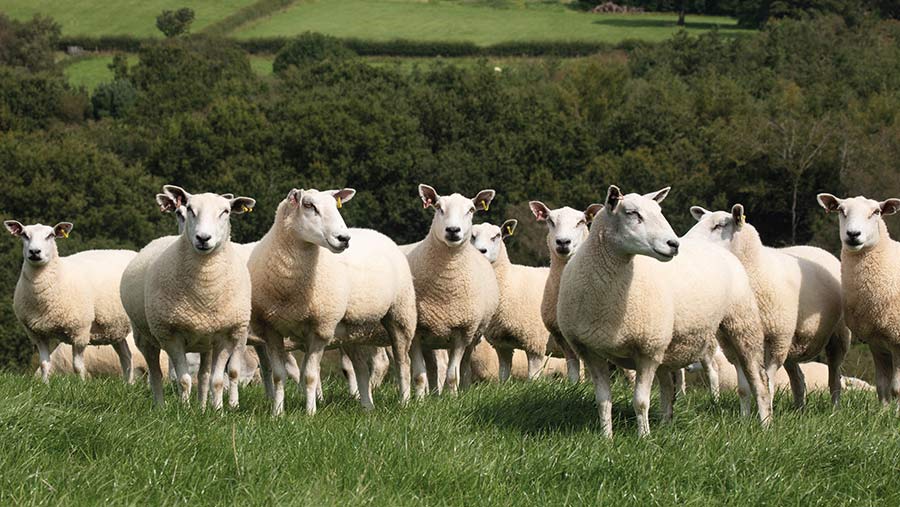UK at ‘medium’ risk of bluetongue as it spreads in Europe
 © Tim Scrivener
© Tim Scrivener The chance of bluetongue disease entering the UK is described as “medium” following the latest Defra assessment, with Germany, Belgium, and the Netherlands all reporting cases of the BTV-3 strain of the virus during the past month.
This is the first time bluetongue has been prevalent in the Netherlands since 2009 and cases continue to climb.
China has imposed a ban on beef and lamb imports from both Belgium and the Netherlands after the countries lost BTV-free status.
See also: Farmers warned to stay alert after Dutch bluetongue outbreak
The Netherlands Food and Consumer Product Safety Authority found 1,402 clinically positive cases of the virus up to 2 November, and a further 2,728 holdings tested positive using polymerase chain reaction (PCR) tests.
Defra is continuing to monitor the situation in mainland Europe and has confirmed that live sheep and cattle movements from the Netherlands, Belgium and Germany to Britain have been halted.
Wind-borne midges
A Defra disease outbreak assessment said: “As there are now many reports located near to the coastline in the Netherlands, there is also potential for wind-borne infected midges to be blown across the North Sea, if the meteorological conditions are suitable.
“This would mean BTV disease incursion could occur in the southern and eastern counties of England from the Netherlands.”
There is currently no approved vaccine for the BTV-3 strain of the virus, according to Defra.
Separately, France has reported more than 600 outbreaks of the BTV-8 strain.